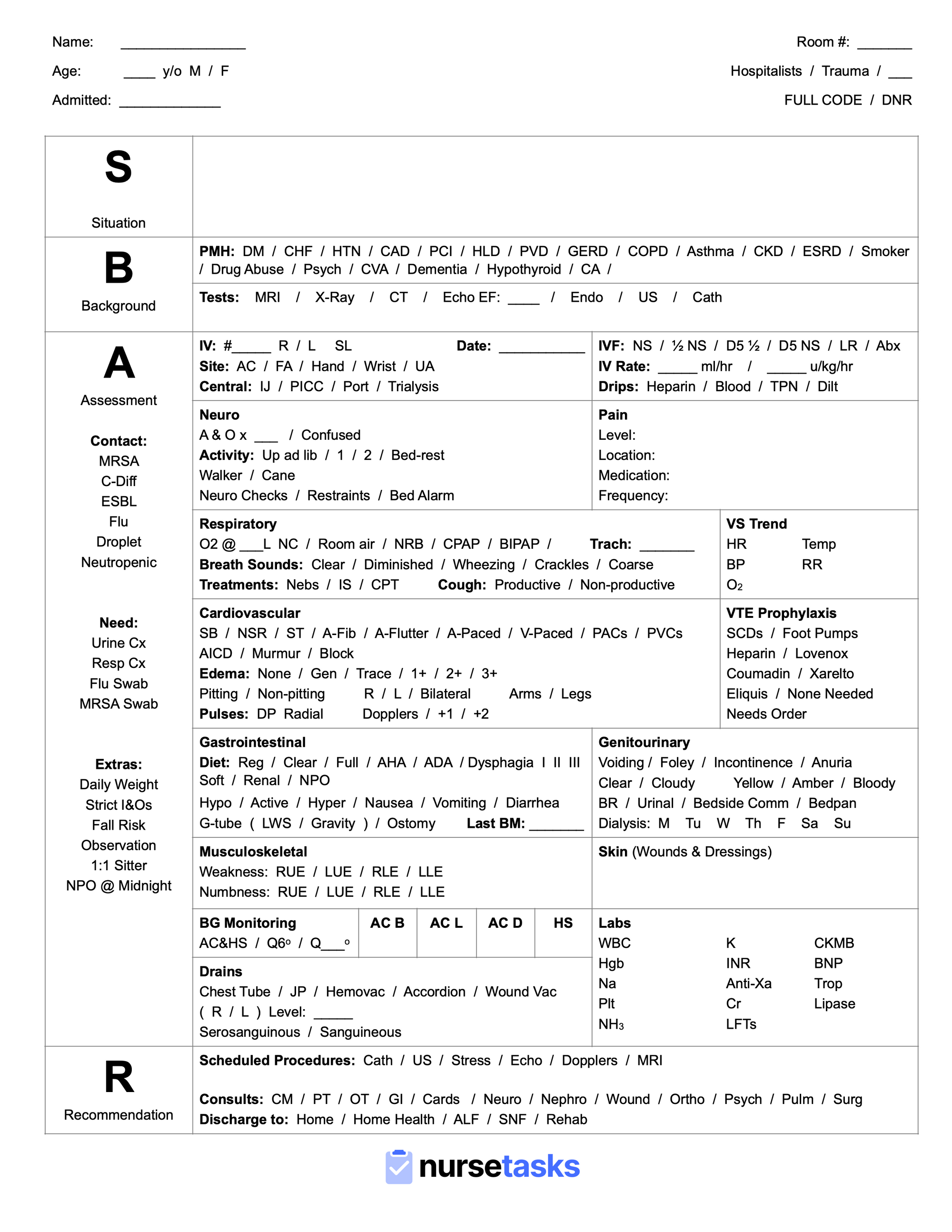How Hard Is Nursing School? Unveiling the Challenges and Rewards

Nursing school is often regarded as a demanding and rigorous educational path, attracting dedicated individuals who aspire to provide compassionate healthcare. As you contemplate embarking on this journey, it's natural to wonder, "How hard is nursing school?" In this article, we will delve into the challenges and rewards of nursing school, shedding light on what aspiring nurses can expect.
The Rigorous Curriculum
One of the primary reasons nursing school is considered challenging is its comprehensive curriculum. Nursing students cover a wide range of topics, from anatomy and physiology to pharmacology and patient care. The coursework is intense, and students are required to absorb vast amounts of information in a relatively short time.
Clinical Rotations
Nursing school isn't all about textbooks and lectures. Clinical rotations are a vital part of the curriculum, providing students with hands-on experience in healthcare settings. While these experiences are invaluable, they can also be physically and emotionally demanding. You'll work long hours, deal with patients facing various health issues, and navigate the complexities of the healthcare environment.

Time Management
Balancing academic responsibilities, clinical hours, and personal life can be challenging. Nursing students often find themselves meticulously managing their time to meet academic requirements while ensuring they're well-prepared for clinical experiences.

Critical Thinking and Decision-Making
Nursing requires strong critical thinking and decision-making skills. As a nurse, you'll be expected to make quick and accurate decisions that can impact patient outcomes. Nursing school helps develop these skills through case studies, simulations, and real-life patient care scenarios.
High Expectations
Nursing programs maintain high standards to ensure graduates are well-prepared for the healthcare field. This means rigorous exams, challenging assignments, and a constant need for proficiency in nursing skills.
Emotional Toll
Caring for patients who may be in pain or experiencing emotional distress can be emotionally taxing. Nursing school helps students develop resilience and coping strategies to navigate these challenging situations.
Rewards of Nursing School:
While nursing school may be challenging, it offers immense rewards. Here are some of the positive aspects of pursuing a nursing education:
- Job Security: The demand for skilled nurses continues to grow, providing graduates with excellent job prospects and job security.
- Financial Rewards: Nursing is often financially rewarding, with competitive salaries and opportunities for advancement.
- Personal Fulfillment: Nursing allows you to make a meaningful difference in the lives of patients and their families, providing a strong sense of purpose.
- Diverse Career Paths: Nursing offers a variety of specialties and career paths, allowing you to find a niche that aligns with your interests and passions.
In summary, nursing school is undeniably challenging, but it's also incredibly rewarding. The difficulties you face in nursing school are an investment in your future as a compassionate and competent healthcare professional. The journey may be tough, but the satisfaction of knowing you're making a positive impact on people's lives is well worth the effort. Remember, with dedication, support, and perseverance, you can successfully navigate the challenges of nursing school and emerge as a skilled and caring nurse.






